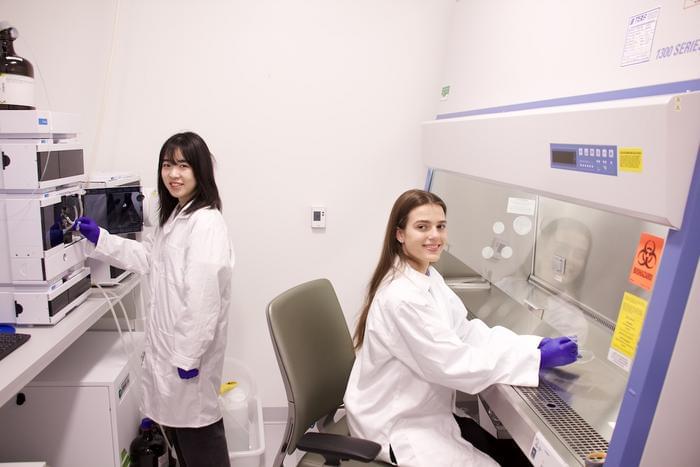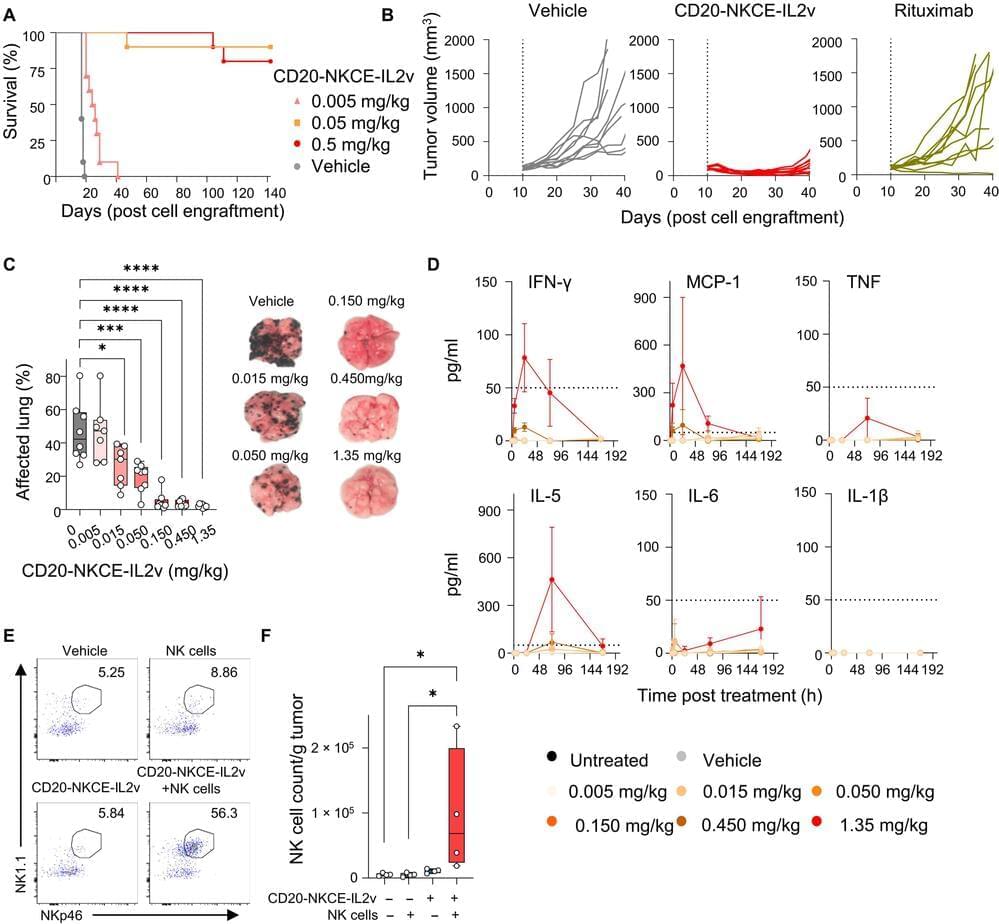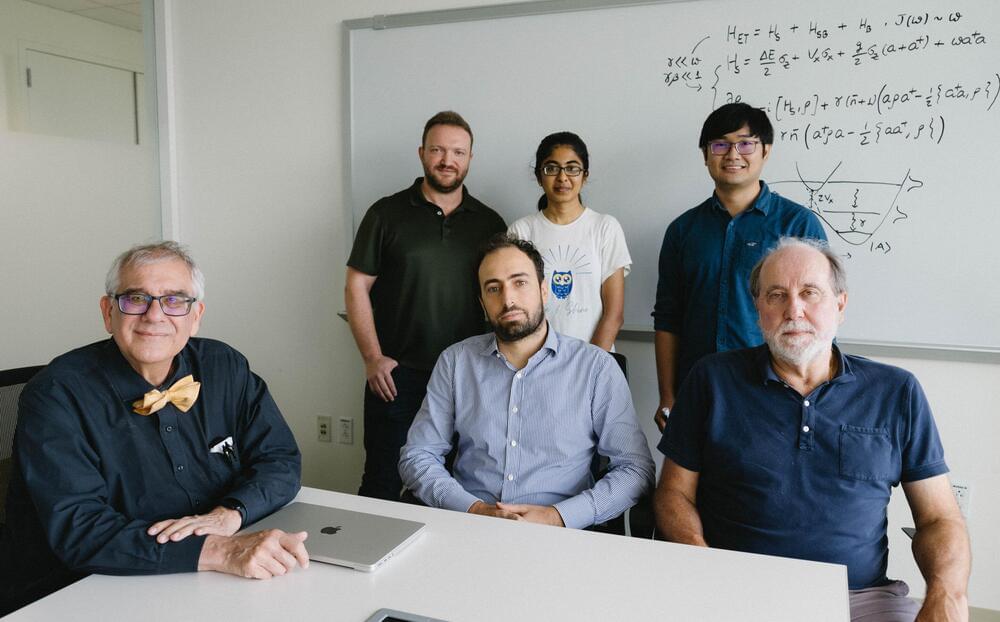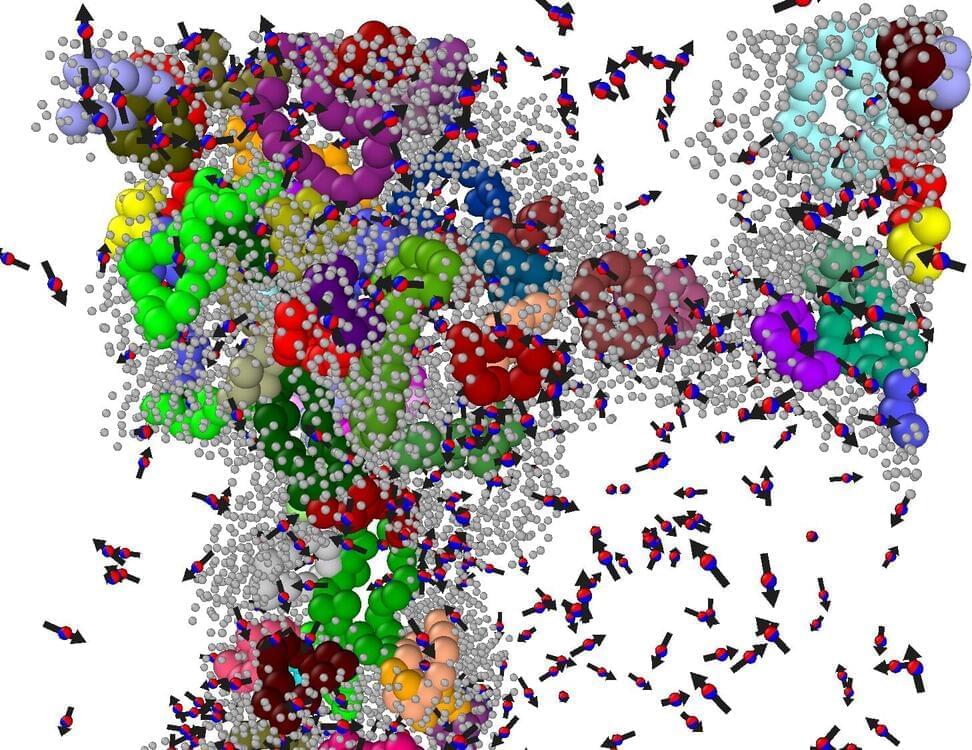Scientists plan to borrow nature’s tools to develop and study fungal compounds further, which could lead to the development of new drugs.




Almost 300 binary mergers have been detected so far, indicated by their passing gravitational waves. These measurements from the world’s gravitational wave observatories put constraints on the masses and spins of the merging objects such as black holes and neutron stars, and in turn this information is being used to better understand the evolution of massive stars.
Thus far, these models predict a paucity of black hole binary pairs where each black hole has around 10 to 15 times the mass of the sun. This “dip or mass gap” in the mass range where black holes seldom form depends on assumptions made in the models; in particular, the ratio of the two masses in the binary.
Now a new study of the distribution of the masses of existing black holes in binaries finds no evidence for such a dip as gleaned from the gravitational waves that have been detected to date. The work is published in The Astrophysical Journal.

An investigational therapy is demonstrating preclinical promise against non-Hodgkin lymphoma by boosting natural killer cells and efficiently annihilating the malignancy without toxicity to the patient, a team of cancer biologists in France has found.
The emerging therapy is for B cell non-Hodgkin lymphoma, the most common form of lymphoma worldwide. Current therapies target the CD20+ protein on the surface of cancerous B cells but with limited efficacy. A newly developed antibody-based molecule targets B-non-Hodgkin lymphoma by engaging natural killer cells, warriors of the immune system. The experimental therapeutic is expected to help patients whose disease rebounds and is difficult to treat.
“Non-Hodgkin lymphoma is the most frequent hematological malignancy in humans, comprising nearly 3% of all cancer diagnoses and oncology-related mortalities,” writes Dr. Olivier Demaria, lead author of the research published in Science Immunology.

Researchers at Rice University have made a meaningful advance in the simulation of molecular electron transfer—a fundamental process underpinning countless physical, chemical and biological processes. The study, published in Science Advances, details the use of a trapped-ion quantum simulator to model electron transfer dynamics with unprecedented tunability, unlocking new opportunities for scientific exploration in fields ranging from molecular electronics to photosynthesis.
Electron transfer, critical to processes such as cellular respiration and energy harvesting in plants, has long posed challenges to scientists due to the complex quantum interactions involved. Current computational techniques often fall short of capturing the full scope of these processes. The multidisciplinary team at Rice, including physicists, chemists and biologists, addressed these challenges by creating a programmable quantum system capable of independently controlling the key factors in electron transfer: donor-acceptor energy gaps, electronic and vibronic couplings and environmental dissipation.
Using an ion crystal trapped in a vacuum system and manipulated by laser light, the researchers demonstrated the ability to simulate real-time spin dynamics and measure transfer rates across a range of conditions. The findings not only validate key theories of quantum mechanics but also pave the way for novel insights into light-harvesting systems and molecular devices.

Reliably measuring the polarization state of light is crucial for various technological applications, ranging from optical communication to biomedical imaging. Yet conventional polarimeters are made of bulky components, which makes them difficult to reduce in size and limits their widespread adoption.
Researchers at the Shanghai Institute of Technical Physics (SITP) of the Chinese Academy of Sciences and other institutes recently developed an on-chip full-Stokes polarimeter that could be easier to deploy on a large scale. Their device, presented in a paper in Nature Electronics, is based on optoelectronic polarization eigenvectors, mathematical equations that represent the linear relationship between the incident Stokes vector and a detector’s photocurrent.
“This work was driven by the growing demand for compact, high-performance polarization analysis devices in optoelectronics,” Jing Zhou, corresponding author of the paper, told Phys.org. “Traditional polarimeters, which rely on discrete bulky optical components, present significant challenges to miniaturization and limit their broader applicability. Our main goal is to develop an on-chip solution capable of direct electrical readout to reconstruct full-Stokes polarization states.”

Colloidal gels are complex systems made up of microscopic particles dispersed in a liquid, ultimately producing a semi-solid network. These materials have unique and advantageous properties that can be tuned using external forces, which have been the focus of various physics studies.
Researchers at University of Copenhagen in Denmark and the UGC-DAE Consortium for Scientific Research in India recently ran simulations and performed analyses aimed at understanding how the injection of active particles, such as swimming bacteria, would influence colloidal gels.
Their paper, published in Physical Review Letters, shows that active particles can influence the structure of 3D colloidal gels, kneading them into porous and denser structures.

Northwestern University engineers are the first to successfully demonstrate quantum teleportation over a fiberoptic cable already carrying internet traffic.
The discovery introduces the new possibility of combining quantum communication with existing internet cables—greatly simplifying the infrastructure required for distributed quantum sensing or computing applications.
The study is published on the arXiv preprint server and is due to appear in the journal Optica.

Solid-state lithium batteries are promising energy storage solutions that utilize solid electrolytes as opposed to the liquid or gel electrolytes found in traditional lithium-ion batteries (LiBs). Compared to LiBs and other batteries that are used worldwide, these batteries could attain significantly higher energy densities of more than 500 Wh/kg−1 and 1,000 Wh/l−1, which could be advantageous for powering electric vehicles and other electronics for longer periods of time.
Despite their possible advantages, existing solid-state lithium batteries exhibit significant limitations that have so far prevented their large-scale deployment. These include the active lithium loss that can occur while the batteries are charged and discharged, which can reduce their efficiency and overall performance.
This loss of lithium is caused by an inhomogeneous lithium plating. Devising effective strategies and thin lithium metal foils that could limit the loss of lithium in solid-state batteries is thus a key goal for the energy research community.

Quantum walks are a powerful theoretical model using quantum effects such as superposition, interference and entanglement to achieve computing power beyond classical methods.
A research team at the National Innovation Institute of Defense Technology from the Academy of Military Sciences (China) recently published a review article that thoroughly summarizes the theories and characteristics, physical implementations, applications and challenges of quantum walks and quantum walk computing. The review was published Nov. 13 in Intelligent Computing in an article titled “Quantum Walk Computing: Theory, Implementation, and Application.”
As quantum mechanical equivalents of classical random walks, quantum walks use quantum phenomena to design advanced algorithms for applications such as database search, network analysis and navigation, and quantum simulations. Different types of quantum walks include discrete-time quantum walks, continuous-time quantum walks, discontinuous quantum walks, and nonunitary quantum walks. Each model presents unique features and computational advantages.